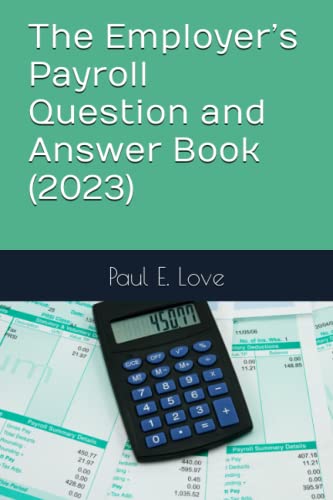Introduction: The Evolution of Payroll Services with AI and Automation
The realm of payroll services processing is undergoing a transformative evolution, driven by advancements in AI and automation. Traditionally, payroll services have relied heavily on manual data entry and human oversight, leading to a higher likelihood of errors and inefficiencies.
However, the integration of AI and automation into business processes is revolutionizing the way payroll is managed. This article explores the anticipated impact of AI and automation on payroll services processing over the next decade, highlighting the potential for increased accuracy, efficiency, and strategic value.
Enhanced Accuracy and Efficiency: Minimizing Errors
AI and automation are poised to significantly enhance the accuracy of payroll services processing. By automating data entry and calculations, these technologies minimize the risk of human error. For instance, AI algorithms can quickly detect discrepancies and inconsistencies in payroll data, ensuring that employees are paid correctly and on time. Automation also reduces the need for manual intervention, allowing payroll professionals to focus on more strategic tasks.
Specific AI technologies, such as machine learning and robotic process automation (RPA), are instrumental in enhancing accuracy. Machine learning algorithms can learn from historical payroll data to predict and prevent errors, while RPA can automate repetitive tasks with precision.
Streamlined Processes: Automating Routine Tasks
The automation of routine payroll tasks is another significant benefit of AI integration. Tasks such as data collection, payroll calculations, and tax filings can be automated, streamlining the entire payroll process. This not only saves time but also reduces the administrative burden on payroll staff.
Automated systems can process payroll cycles faster and resolve issues more quickly, leading to improved efficiency. For example, AI-powered platforms can automatically update tax codes and regulations, ensuring compliance with the latest laws. By automating these routine tasks, businesses can achieve faster turnaround times and enhance overall productivity.
Advanced Data Analytics: Leveraging Insights for Better Decision-Making
AI’s ability to analyze large volumes of payroll data provides valuable insights for better decision-making. Advanced data analytics can identify trends and patterns in payroll data, aiding in strategic decisions related to budgeting, workforce planning, and employee benefits. Businesses can leverage these insights to optimize their payroll management strategies.
For instance, predictive analytics can forecast future payroll expenses, allowing companies to allocate resources more effectively. By utilizing data-driven insights, organizations can make informed decisions that enhance their overall payroll operations.
Compliance and Regulation: Adapting to Changing Laws
Staying compliant with evolving payroll regulations and tax laws is a constant challenge for businesses. AI and automation can help address this issue by ensuring that payroll systems are always up-to-date with the latest regulatory changes. Automated systems can be programmed to update in real-time, reducing the risk of non-compliance and associated penalties.
Additionally, AI can monitor and analyze changes in regulations, providing businesses with proactive solutions to adapt to new laws. This reduces the administrative burden on payroll professionals and ensures that businesses remain compliant with minimal effort.
Employee Experience: Improving Access and Interaction
AI-driven tools and automation significantly enhance the employee experience by improving access to payroll information and facilitating interaction. Self-service options, such as accessing payslips and updating personal information, become more efficient with AI-powered systems. Employees can use AI-driven portals and chatbots to quickly resolve payroll-related queries, leading to higher satisfaction and engagement.
For example, AI chatbots can provide instant answers to common payroll questions, freeing up HR staff to focus on more complex issues. By enhancing the accessibility and interaction of payroll services, businesses can improve employee morale and retention.
Scalability and Flexibility: Adapting to Business Needs
One of the key advantages of AI and automation in payroll services processing is scalability. As businesses grow, their payroll needs become more complex and demanding. AI-powered payroll systems can easily scale to accommodate this growth, providing flexibility to adapt to various business sizes and complexities.
Automated payroll solutions can manage expanding or diverse payroll needs without the need for significant manual intervention. This scalability ensures that businesses can maintain efficient payroll operations regardless of their size or industry, supporting sustainable growth and operational efficiency.
Conclusion: The Future of Payroll Services Processing with AI and Automation
In conclusion, the impact of AI and automation on payroll services processing over the next decade will be profound. These technologies will enhance accuracy, efficiency, and strategic value, transforming the way businesses manage their payroll operations.
By minimizing errors, streamlining processes, leveraging data analytics, ensuring compliance, improving employee experience, and providing scalability, AI and automation will become integral components of future payroll management strategies.
Businesses that embrace these advancements will be well-positioned to thrive in an increasingly competitive and dynamic business environment. The future of payroll services processing is bright, and AI and automation are leading the way.


